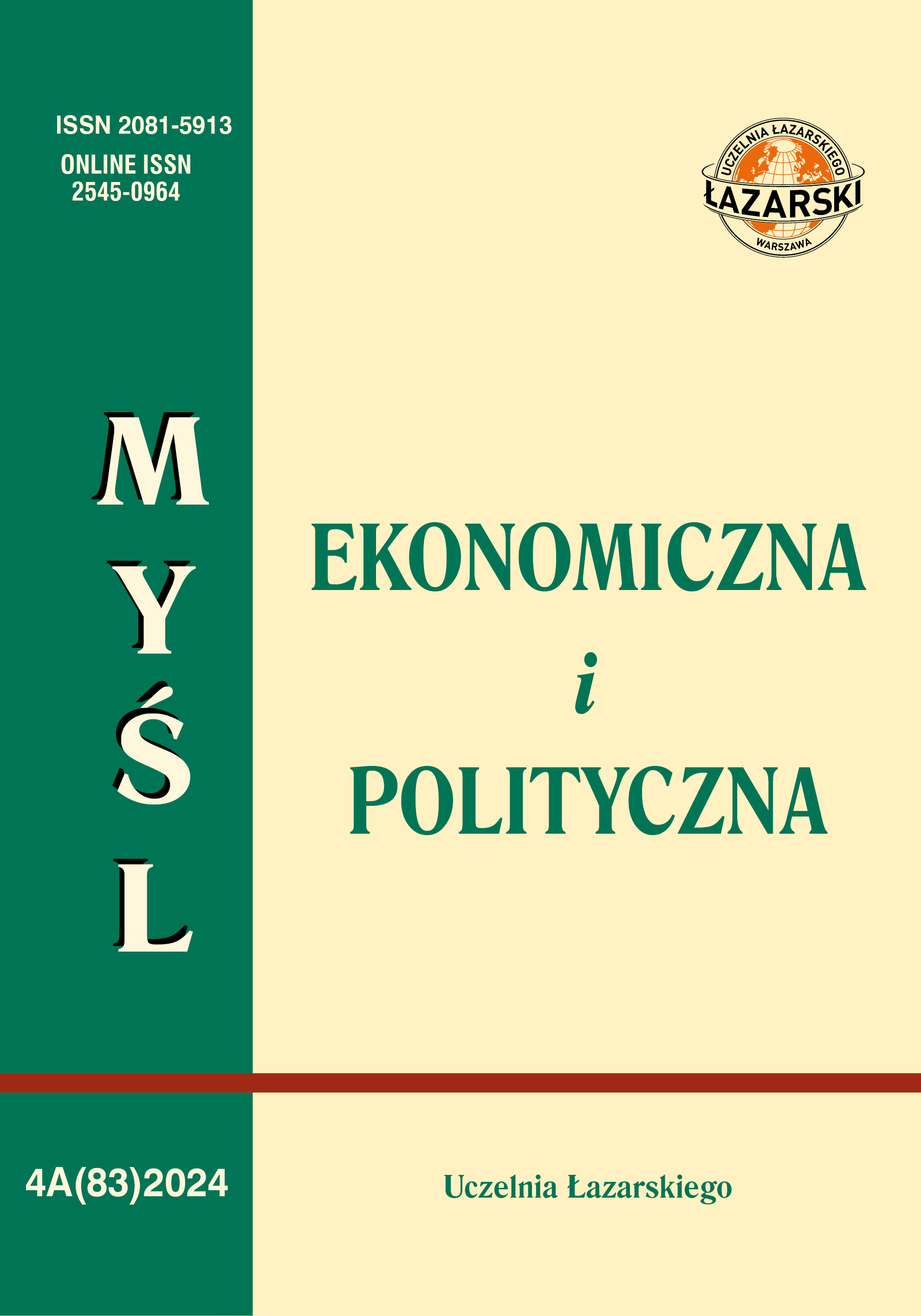Abstract
The article explores the phenomenon of the illusion of explanatory depth (IOED) from the perspective of consumer behaviour, business, and economics. IOED describes a cognitive bias where individuals overestimate their understanding of complex phenomena, often revealed when deeper explanations are required. Within consumer behaviour, IOED impacts product knowledge, social proof dynamics, and brand loyalty, influencing purchasing decisions and market strategies. In business and economics, it manifests in overconfidence, misjudgement of risks, and undervaluation of expertise, leading to poor decision‑making and potential organizational failures. The study highlights strategies for mitigating IOED through education, transparent communication, and
fostering exploration, offering practical implications for marketers, business leaders, and economists. By acknowledging the limitations of perceived understanding and leveraging tools such as strategic questioning and continuous learning, stakeholders can enhance decision‑making processes and adapt effectively to dynamic environments. The article emphasizes the critical importance of mindfulness and informed approaches in addressing the challenges posed by IOED in contemporary contexts.
